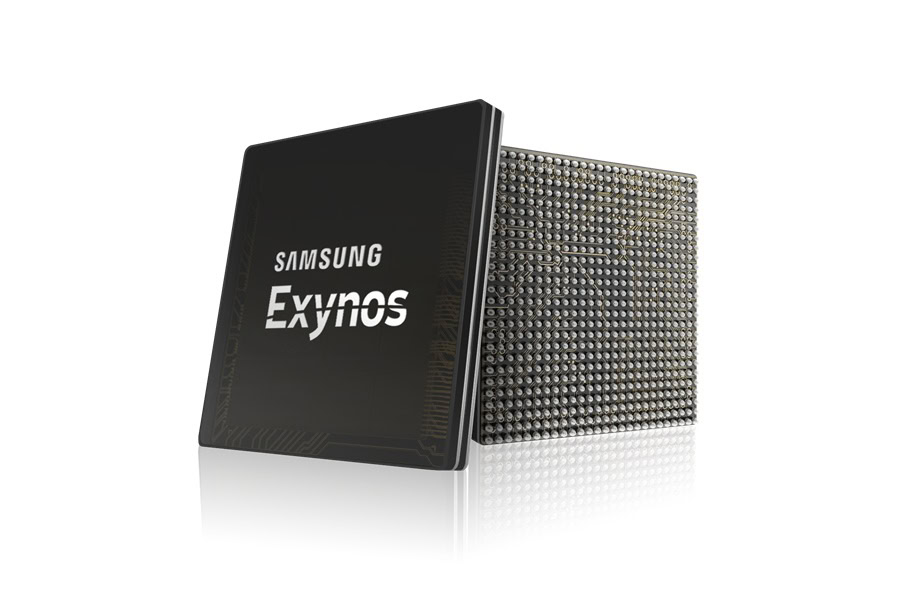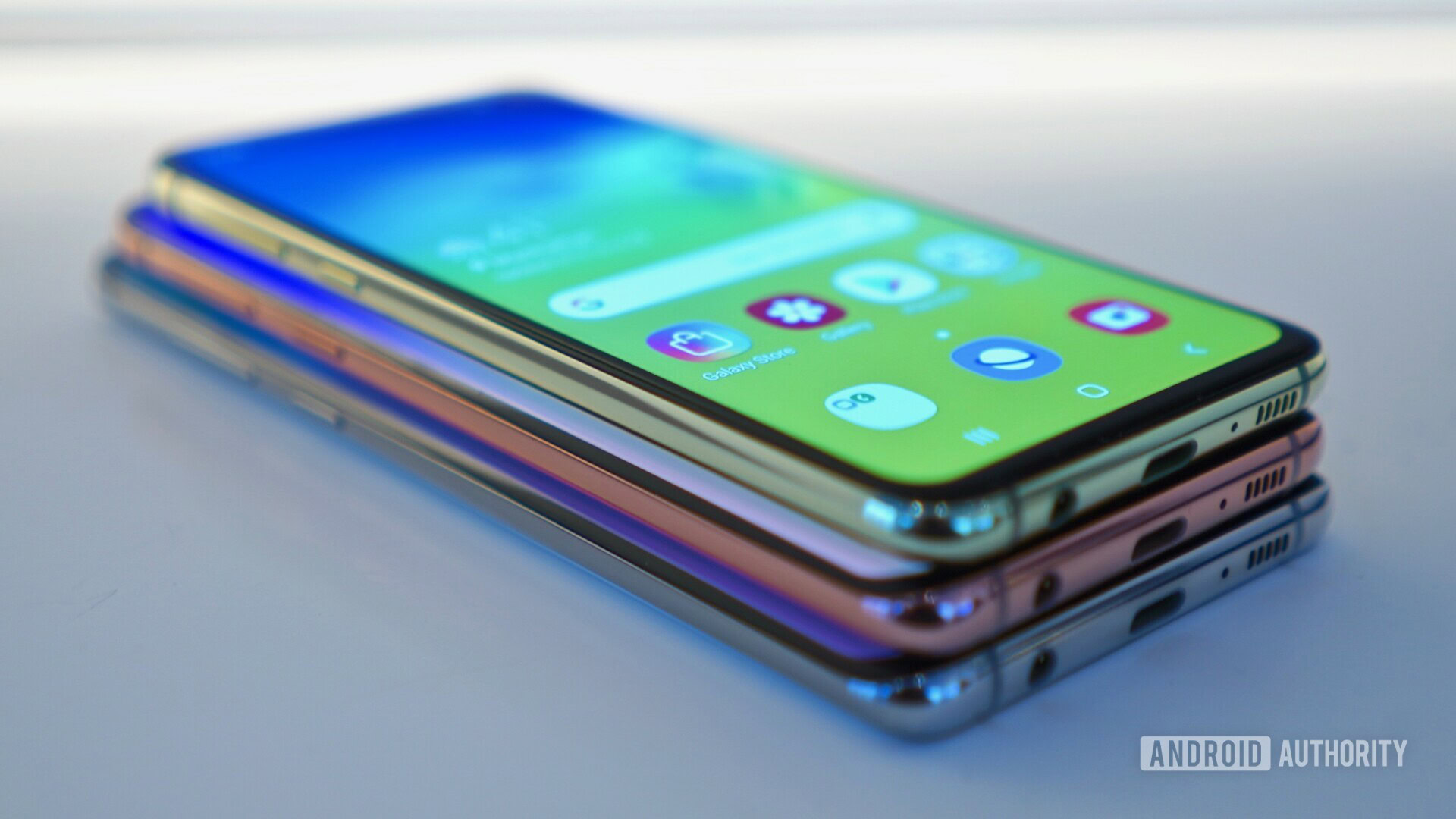Affiliate links on Android Authority may earn us a commission. Learn more.
Samsung tipped to be working on NPU: Could Galaxy S10, Note 10 offer AI silicon?
Published onOctober 8, 2018

- Samsung is reportedly working on AI silicon for an upcoming processor.
- It’s believed the NPU could make its way to the next-generation Samsung mobile chip.
- If confirmed, Samsung would follow HUAWEI, Apple, and MediaTek in adding AI hardware to its mobile chipset.
Apple and Huawei both made an impact in 2017 thanks to their inclusion of AI silicon in their mobile chipsets. Now, it seems like Samsung may be preparing to bring AI hardware to its next-generation Exynos chipset.
The Korean company has been working on “second-generation NPU [neural processing unit – ed] architecture,” according to Samsung tipster Ice Universe. The leaker cites a former Samsung employee’s LinkedIn profile in order to make the claim. For what it’s worth, the employee now works at Qualcomm, according to his profile.
Ice Universe suggests the AI chip is intended for the Exynos 9820 chipset, or whatever Samsung’s next flagship silicon will be called.
Samsung may have completed its second-generation NPU architecture internally, which may be piggybacked on the Exynos 9820 processor. pic.twitter.com/kIUNZkQSRc— Ice universe (@UniverseIce) October 6, 2018
The attached screenshot doesn’t definitively tie this AI silicon to Samsung’s Exynos mobile chips. That means there’s a chance the NPU could be for a Samsung smart TV, refrigerator or something equally dull.

We’ve got plenty of reasons to believe this AI chip is for mobile use, however, as the industry has been moving in this direction for the past year. Samsung could use the chip to accelerate everything from machine vision (Bixby Vision) and natural language processing (Bixby Voice) to image processing (e.g. AI-powered photography tweaks) and security (biometric authentication).
It also makes sense for the company to add AI hardware to its flagship chipset, as rumors suggest Qualcomm will do the same for its upcoming Snapdragon 845 successor. Samsung uses its Exynos chipset for international Galaxy phones, and the Qualcomm SoC for U.S. devices so, ideally, the two should have similar capabilities for the sake of feature parity.
What would you like to see from an AI-enabled smartphone? Give us your thoughts in the comments section!